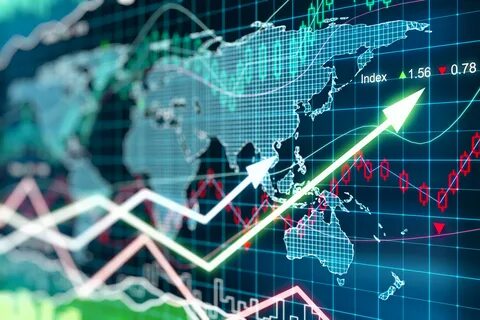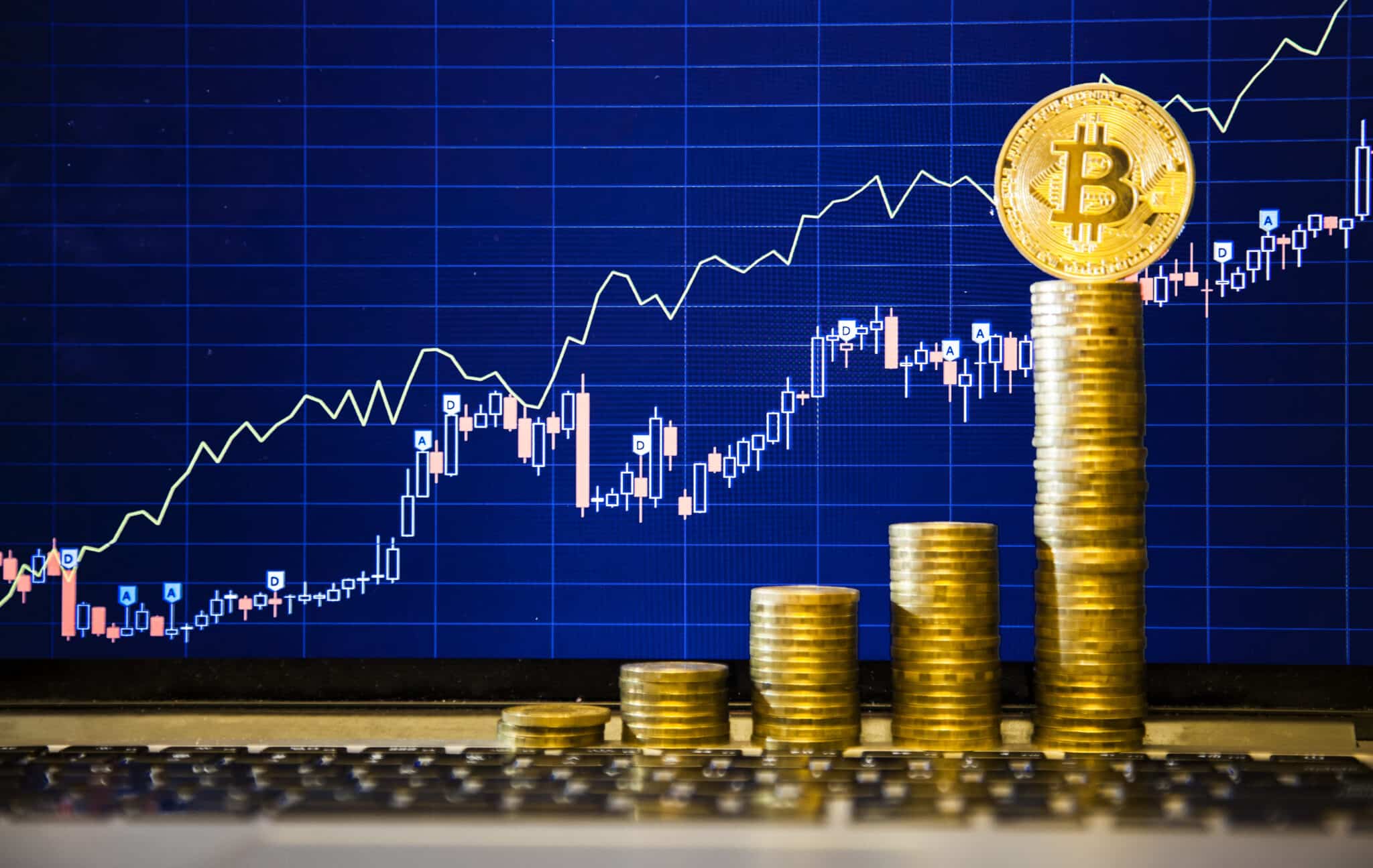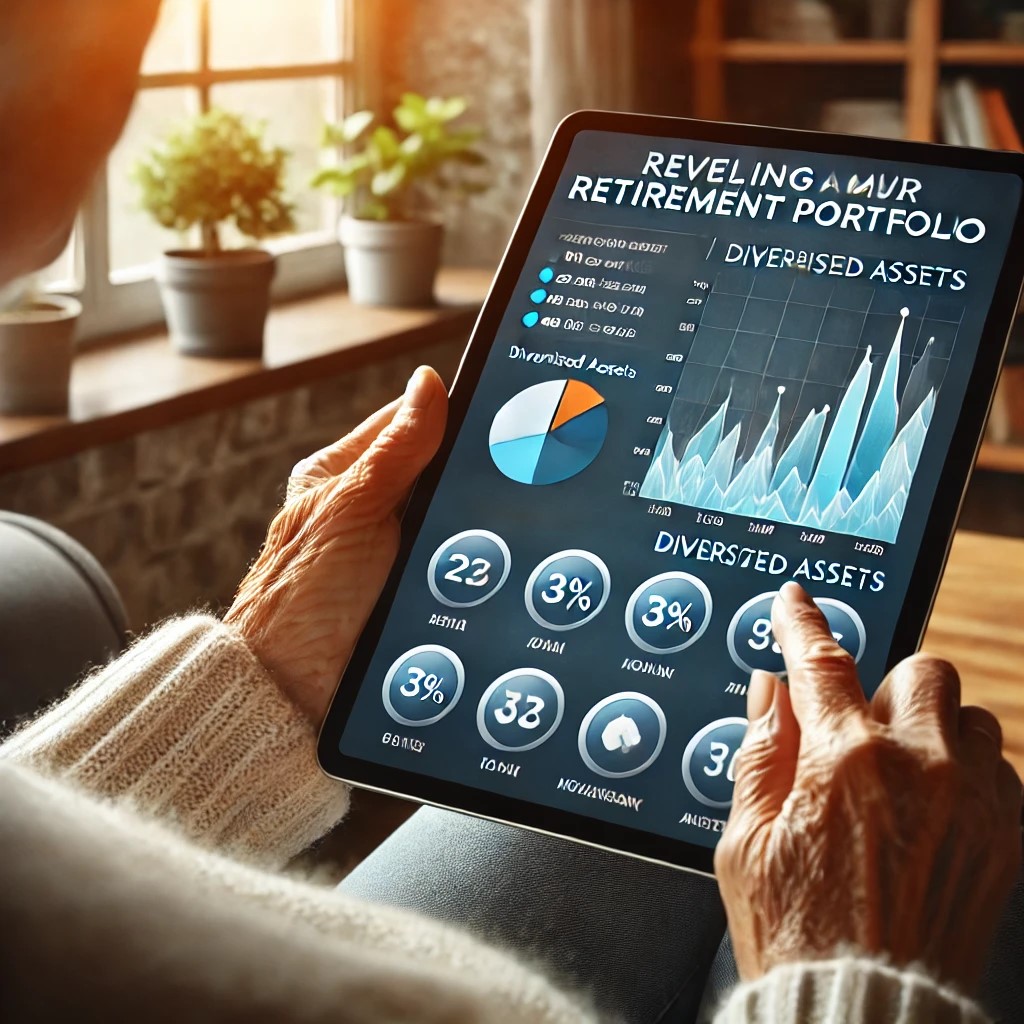
Trading in international markets is one of the most effective ways of seeking growth opportunities and, at the same time, seeking portfolio diversification. In this regard, while investing domestically can be easy because one understands the business environment, risks, and returns of the investments, investing in an international market opens the investor to different markets and returns of these markets in other currencies. If you need to know where to begin diversifying your investments in global markets, here is how to begin.
Understand the Benefits of International Investing

There is a significant opportunity to diversify in international markets because these markets often bring about different experiences from your home market. Such diversification means the firm's risk is taken and might have some potential in other areas when local markets stagnate. International markets also expose you to emerging markets that provide better returns in the long run as the economy of those markets grows.
Choose the Right Investment Vehicle
However, it is possible to invest in international markets, and there are many ways to do it. Knowing which investment vehicle is appropriate is extremely important. An excellent rationale exists for directly investing in international stocks through global stock exchanges. Many of these mutual or exchange-traded funds (ETFs) also invest in international markets. Due to the variance of the funds, most offer diversified investments in terms of geographical location and sectors, thus cushioning the investor against potential risk. For professional management, seek funds managed by skilled persons in international markets who fully understand these nations' political structures.
Research International Economies and Markets

This means that excellent research should be conducted before investing in international markets. It is essential to find out what economies you wish to invest in and how their markets operate. It also reveals that some markets may be challenging or not highly regulated, and therefore, the fluctuation rates may affect your investments. For instance, each of the five factors should be monitored regarding its movement in the particular countries of interest, including political stability, currency fluctuations, and different countries' economic growth trends. In turn, studying these issues will help you make the proper decision and target the markets with high potential.
Manage Currency Risk
Another specific feature that can be mentioned regarding investment in international markets is the risk consumers associate with currency. To the holder of foreign stocks or funds, it is a fact that exchange rate fluctuations influence your returns. A high home currency can lower your earnings when you reconvert the foreign income, while a lower home currency can increase your revenues. For example, to cover currency risk, some investors employ hedging techniques or select funds that apply the hedging technique. This is a significant risk to understand and control if investors are to safeguard their investments.
Consider Emerging Markets
It has been found that emerging markets have higher returns, which also becomes a plus point for investors who are interested in investing internationally. They are common in nations that are fast developing since they tend to attract higher returns because of the expanding economy and increasing companies. Although they are beneficial, they can also present more fluctuations and risks. If you decide to allocate your funds to this or that emerging market, you should be prepared to face specific risks in receiving certain revenues by diversifying your investment and adopting a long-term outlook.
Monitor Global Trends
When you go to international markets, it is essential to have information that may help affect your investments. Global markets are volatile and sensitive to various variable touchstones, such as geopolitical ructions, economic policy shifts, and alterations in demand. Examining these trends periodically will assist you in altering the approach whenever required, and it will also help you exploit emerging trends. It is always easier to deal with some problems if you know about them beforehand, and this statement refers precisely to the investment process on the international level.
Conclusion
Expanding in the global markets affords the ability to diversify a portfolio and gain new growth locations. If you know what you stand to gain, what investment structure is most suitable, and how to deal with other risks, such as the exchange rate, you can make better decisions that build your portfolio. Taking the time to research and stay vigilant about specific countries and investing internationally can open the door for more lucrative international business ventures and more protection from market volatility.




